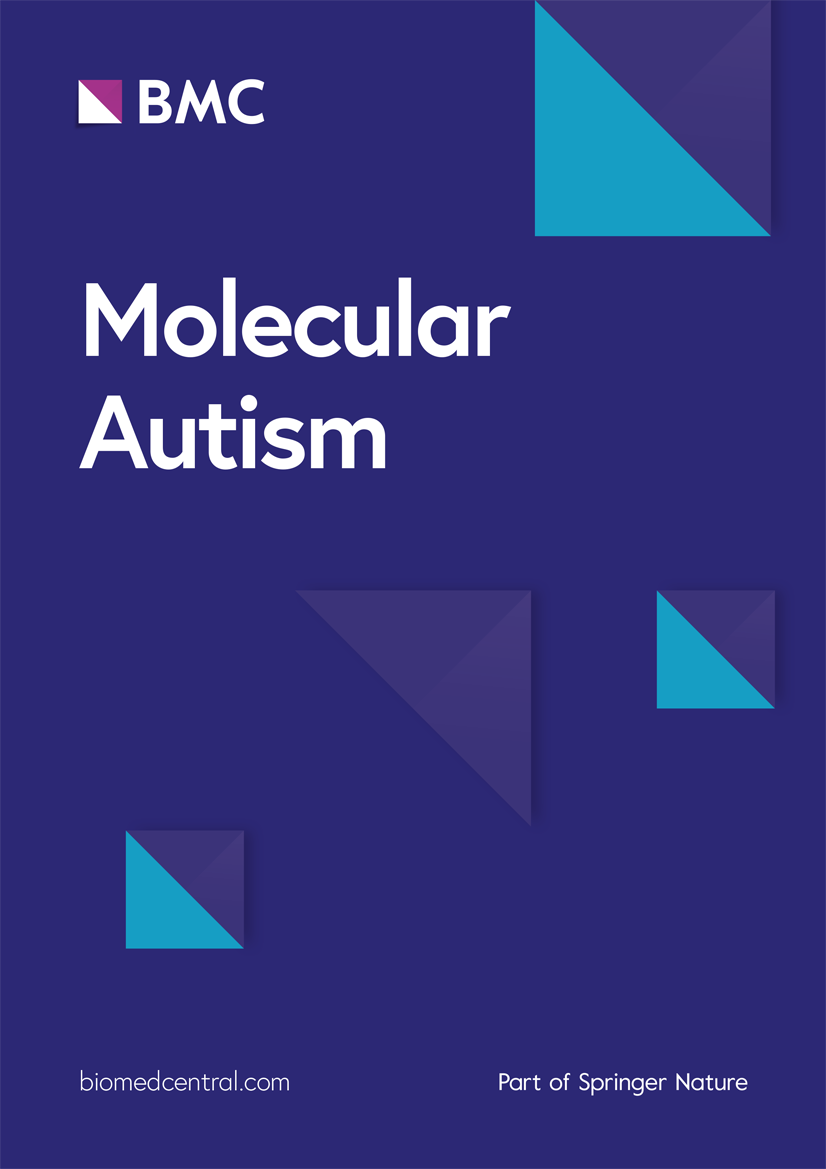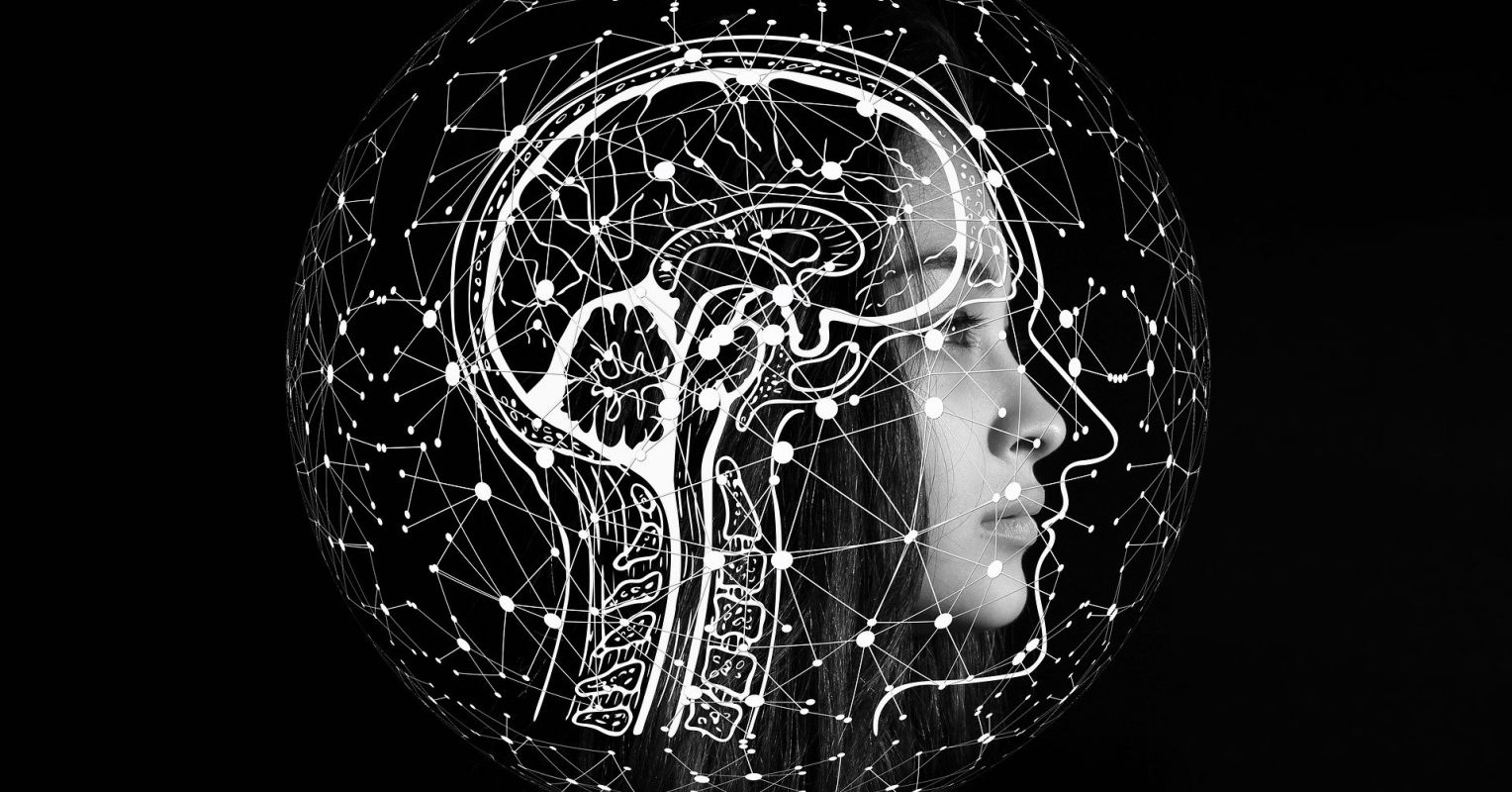"So long as we can learn to love ourselves, I’m not sure how much it matters whether we’re normal or autistic.”
~ Naoki Higashida
~ Naoki Higashida
Last edited:


 juliammclennan.wixsite.com
juliammclennan.wixsite.com

 medicalhealthhumanities.com
medicalhealthhumanities.com
